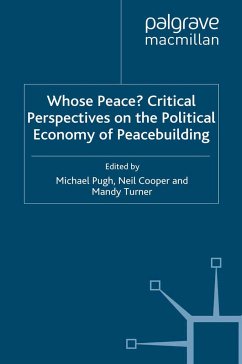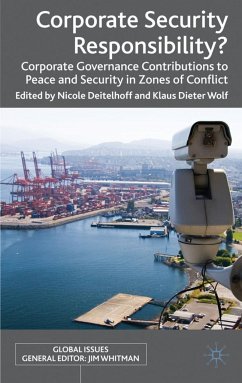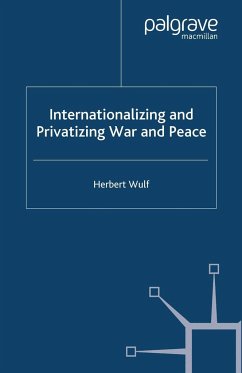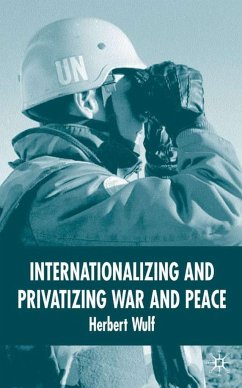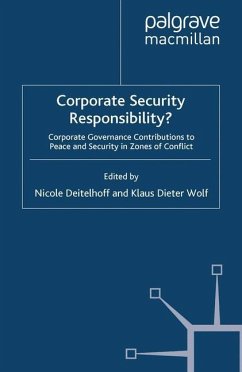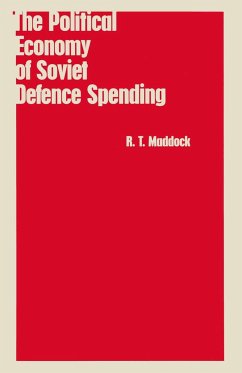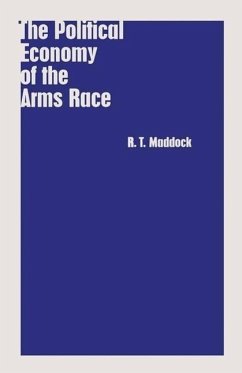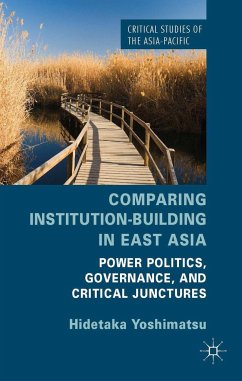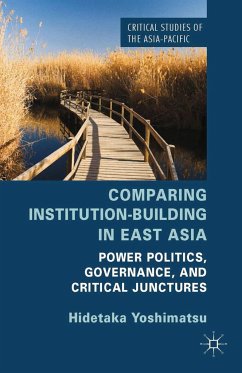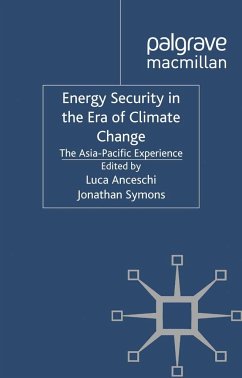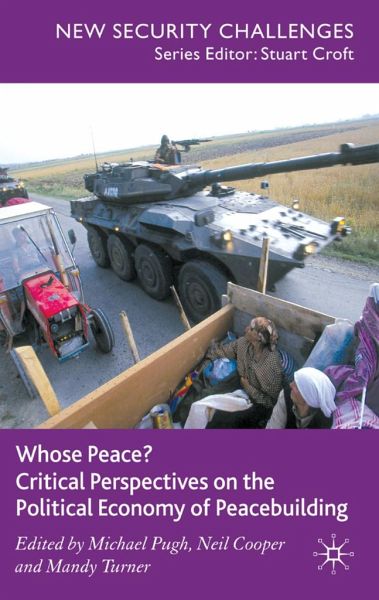
Whose Peace? Critical Perspectives on the Political Economy of Peacebuilding

PAYBACK Punkte
38 °P sammeln!
Examines the much-neglected question of what constitutes a political economy of peace after civil conflicts and who controls it.
The book provides critical perspectives that reach beyond the technical approaches of international financial institutions and proponents of the liberal peace formula. It investigates political economies characterized by the legacies of disruption to production and exchange, by population displacement, poverty, and by 'criminality'.





